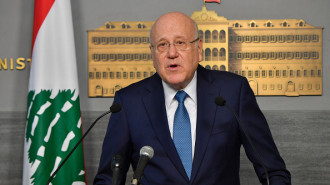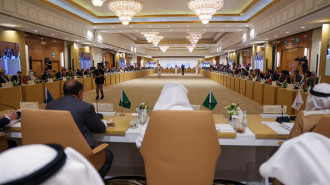Petrol price hike fuels Yemen unrest
Petrol price hike fuels Yemen unrest
Yemenis protest against fuel price rises of as much as 160 percent.
3 min read
Long queues for fuel in Yemen [Getty]
Burning tyres and building roadblocks, protesters have hit Sanaa’s streets to show their anger at fuel price rises of as much as 160 percent.
The scale of the protests was limited, largely due to the fact that many had left Yemen’s major cities for the Eid holiday period to spend time with their families in villages around the country - leading to speculation that the government’s decision to lift fuel subsidies was timed to avoid the sort of popular discontent that has raged for months over fuel shortages.
Protests nevertheless erupted shortly after the state oil company memo was leaked late on Tuesday, despite it not being reported by the official news agency, Saba.
In the southern port city of Aden, armed units guarded petrol stations in anticipation of clashes. The Yemen Petroleum Company (YPC) also sent observers to petrol stations to check they were complying with the price rises.
Al-Araby al-Jadeed has obtained a copy of the YPC circular, which was sent to both state-run and private petrol stations. Petrol has gone up to 4,000 Yemeni Riyals ($18.70) for 20 litres, 1,500YR higher than before, or a rise of 60 percent, while diesel has gone up to 3,900YR for 20 litres, a 2,400YR – or 160 percent - increase.
The fuel price increase came after months of fuel shortages that have resulted in unrest at petrol stations. Long queues, irate customers combined to cause fights which in turn resulted– in a country where many carry arms – in several shooting deaths.
The crisis has been blamed on everything from claims of tribal roadblocks preventing tankers from entering cities to the alleged hoarding of fuel by petrol stations. But the shortage of available fuel that precipitated the crisis is now seen by many as a deliberate government strategy to make Tuesday’s price hikes more palatable - depriving consumers of fuel, thereby mitigating the effect of higher prices once fuel were available.
Discontent reached a peak in June, when rioters burnt tyres and erected roadblocks across Sanaa. In response, security forces briefly shut down the Yemen Today network, owned by former president Ali Abdullah Saleh. The network’s coverage was deemed incendiary by Yemeni authorities, and President Abd-Rabbo Mansour Hadi’s administration interpreted the riots as a coup attempt.
Officials at the Ministry of Planning sad that the price increases came in response to pressure from international donors, who have stipulated that the removal of subsidies is necessary to secure financial aid to the impoverished country. After Yemen recently joined the World Bank, former Finance Minister Sakhr al-Wajeeh said the fuel subsidies would have to be lifted in order for the country, the Arab world’s poorest, to secure a $560 million International Monetary Fund loan.
Sources say the decision to increase fuel prices was made at the end of Ramadan in a 27 July meeting that included Hadi, the Yemeni cabinet, the speaker of parliament and intelligence chiefs. It was reportedly at that meeting that the decision to delay notifying petrol stations until the Eid holiday, which started on Monday, was also made.
There is still no official confirmation of the price increases, though Hadi on Sunday indicated that a decision on fuel prices was imminent in a speech delivered on state TV to mark Eid. The state, he said in his remarks, was committed to “undertaking economic reforms and increasing fuel imports”.
Almost a third of last year's government budget was spent on subsidies in the energy sector, at a total of around $3 billion. Yemen has lost millions in state revenue as a result of instability and attacks on oil pipelines.
This article is an edited translation from our Arabic edition.
The scale of the protests was limited, largely due to the fact that many had left Yemen’s major cities for the Eid holiday period to spend time with their families in villages around the country - leading to speculation that the government’s decision to lift fuel subsidies was timed to avoid the sort of popular discontent that has raged for months over fuel shortages.
Protests nevertheless erupted shortly after the state oil company memo was leaked late on Tuesday, despite it not being reported by the official news agency, Saba.
In the southern port city of Aden, armed units guarded petrol stations in anticipation of clashes. The Yemen Petroleum Company (YPC) also sent observers to petrol stations to check they were complying with the price rises.
| |
Almost a third of last year's government budget was spent on subsidies in the energy sector, at a total of around $3 billion |
Al-Araby al-Jadeed has obtained a copy of the YPC circular, which was sent to both state-run and private petrol stations. Petrol has gone up to 4,000 Yemeni Riyals ($18.70) for 20 litres, 1,500YR higher than before, or a rise of 60 percent, while diesel has gone up to 3,900YR for 20 litres, a 2,400YR – or 160 percent - increase.
The fuel price increase came after months of fuel shortages that have resulted in unrest at petrol stations. Long queues, irate customers combined to cause fights which in turn resulted– in a country where many carry arms – in several shooting deaths.
The crisis has been blamed on everything from claims of tribal roadblocks preventing tankers from entering cities to the alleged hoarding of fuel by petrol stations. But the shortage of available fuel that precipitated the crisis is now seen by many as a deliberate government strategy to make Tuesday’s price hikes more palatable - depriving consumers of fuel, thereby mitigating the effect of higher prices once fuel were available.
Discontent reached a peak in June, when rioters burnt tyres and erected roadblocks across Sanaa. In response, security forces briefly shut down the Yemen Today network, owned by former president Ali Abdullah Saleh. The network’s coverage was deemed incendiary by Yemeni authorities, and President Abd-Rabbo Mansour Hadi’s administration interpreted the riots as a coup attempt.
Officials at the Ministry of Planning sad that the price increases came in response to pressure from international donors, who have stipulated that the removal of subsidies is necessary to secure financial aid to the impoverished country. After Yemen recently joined the World Bank, former Finance Minister Sakhr al-Wajeeh said the fuel subsidies would have to be lifted in order for the country, the Arab world’s poorest, to secure a $560 million International Monetary Fund loan.
Sources say the decision to increase fuel prices was made at the end of Ramadan in a 27 July meeting that included Hadi, the Yemeni cabinet, the speaker of parliament and intelligence chiefs. It was reportedly at that meeting that the decision to delay notifying petrol stations until the Eid holiday, which started on Monday, was also made.
There is still no official confirmation of the price increases, though Hadi on Sunday indicated that a decision on fuel prices was imminent in a speech delivered on state TV to mark Eid. The state, he said in his remarks, was committed to “undertaking economic reforms and increasing fuel imports”.
Almost a third of last year's government budget was spent on subsidies in the energy sector, at a total of around $3 billion. Yemen has lost millions in state revenue as a result of instability and attacks on oil pipelines.
This article is an edited translation from our Arabic edition.

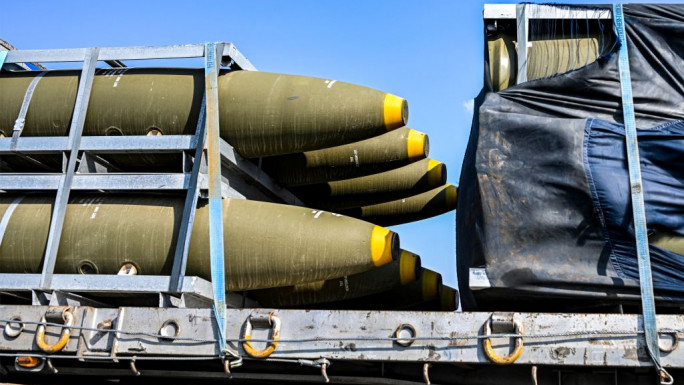

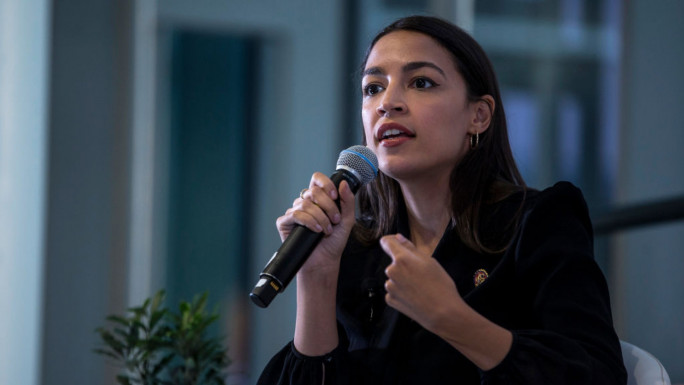
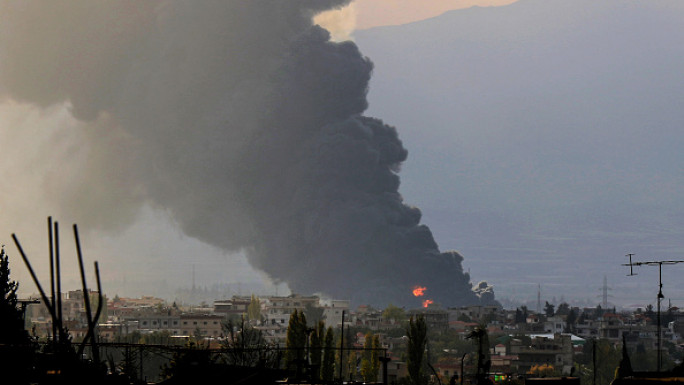
 Follow the Middle East's top stories in English at The New Arab on Google News
Follow the Middle East's top stories in English at The New Arab on Google News
